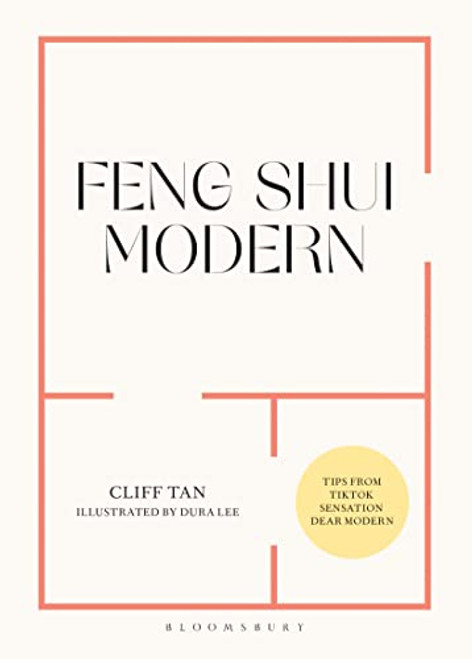This book is a clear, easy-to-understand entry to the practical, usable fundamental principles of Landform Feng Shui, written by one of the very few traditionally-trained Masters of the art. First developed by pre-civilzation Chinese Hunter-gatherer tribes, Landform Feng Shui is by far the oldest school of Feng Shui. Briefly, Landform Feng Shui states that: All physical matter is condensed Chi (energy); all physical objects are passive Chi generators, radiating chi into the space around them where it has specific, predictable effects on physical, mental, emotional, social, financial, and spiritual aspects of people's lives; Chi is defined as either Yin or Yang; it is further divided into the qualities of wholesome Yin, wholesome Yang, and unwholesome Yin and Unwholesome Yang; the physical shape(s) of and in a neighborhood, landscape, garden, house, office, or interior, and their relationships with nearby shapes, determine the quantity and quality of the Chi they radiate. Learning Feng Shui involves a wholesome balance of Yin and a Yang in the student: direct, intuitive sensing of the Chi radiated by physical forms is Yin; conscious knowledge of Feng Shui's principles is Yang. Learning to sense form Chi is fairly easy for most people because Landform Feng Shui is simply an understanding of how people and nature have always interacted. If we live in harmony with natural energies, life naturally offers us social, romantic, financial, and other opportunities. Every concept in this book is based in the common sense, practical ways that Landform Feng Shui masters have learned to feel and make good use of natural energies, so that people can have abundant, wholesome Chi.
Landform Feng Shui has exactly the same philosophical basis as Traditional Chinese Medicine (acupuncture, Herbal medicine, Tuina healing massage, and using food as medicine), Tai Chi, I-Ching, Hsing-I, Ba Gua, Chinese caligraphy and painting, and Chinese Taoism and Buddhism. This foundation is easy to understand because Dr. Hsu began learning these arts as a child from his father, who was a highly-respected master. He also studied with numerous other masters of various related arts, who lived with his family. He has lived in America for almost thirty years so his command of English is very good. To round out his awareness, he entered deeply into a study of Sufi teachings and Zen.










